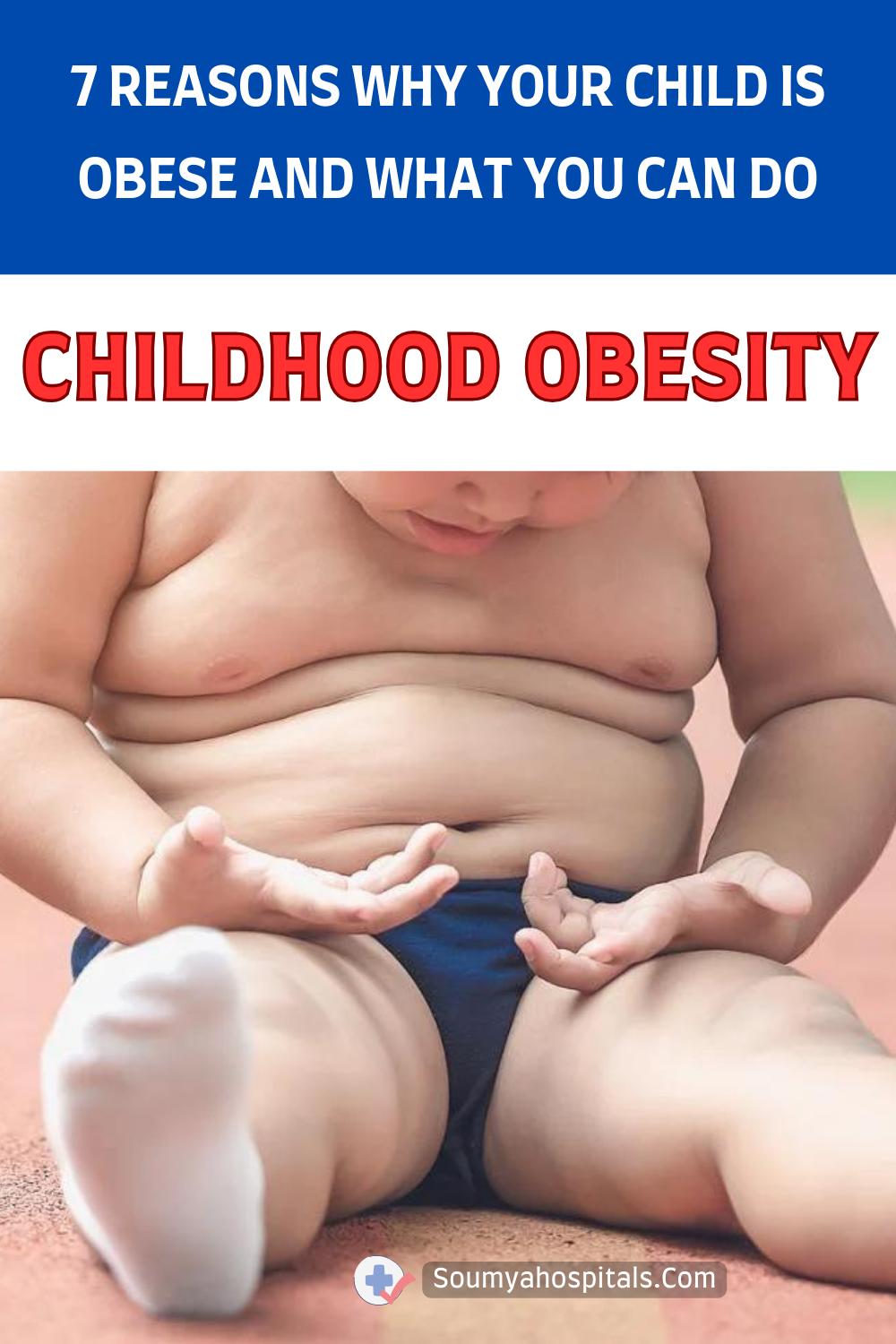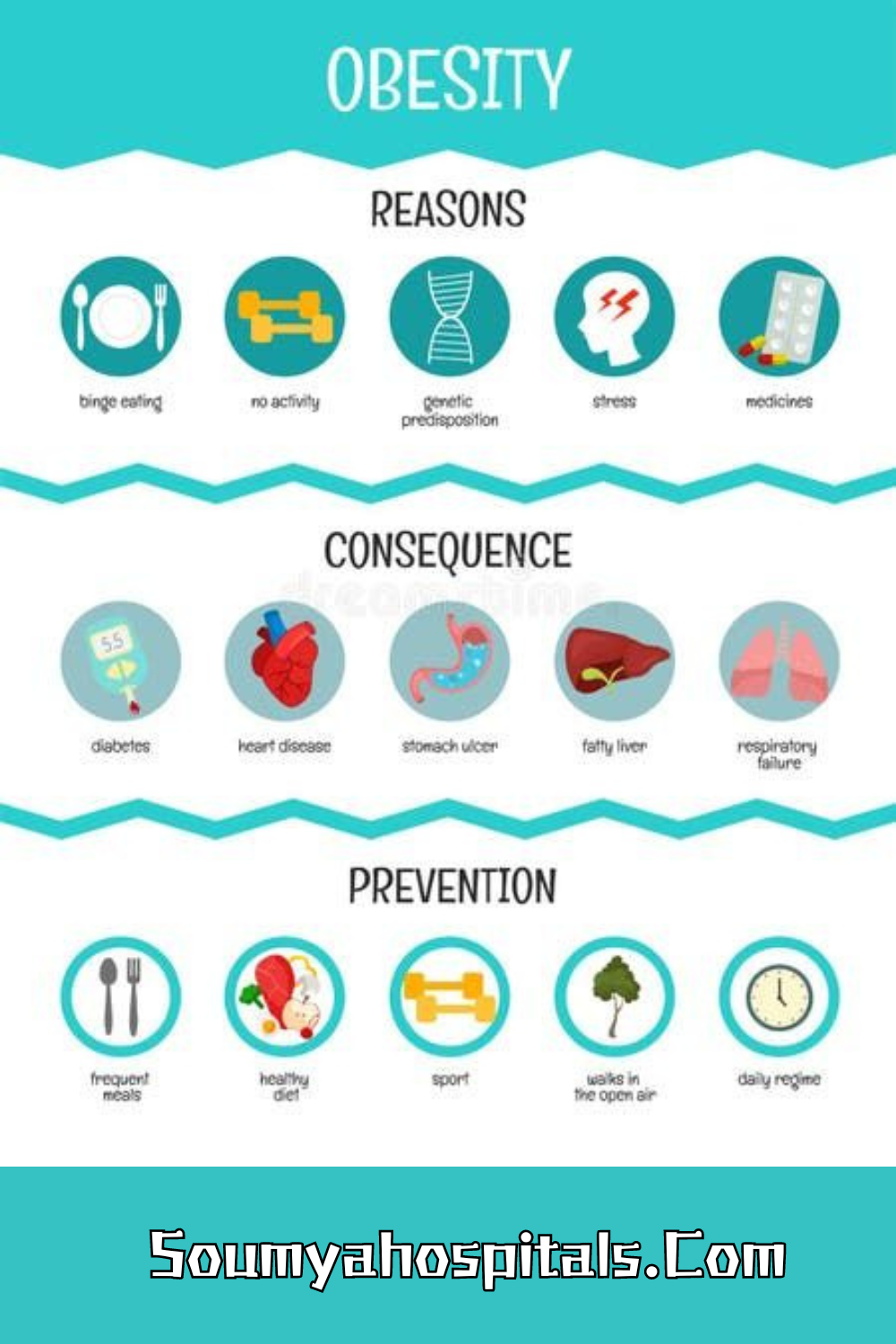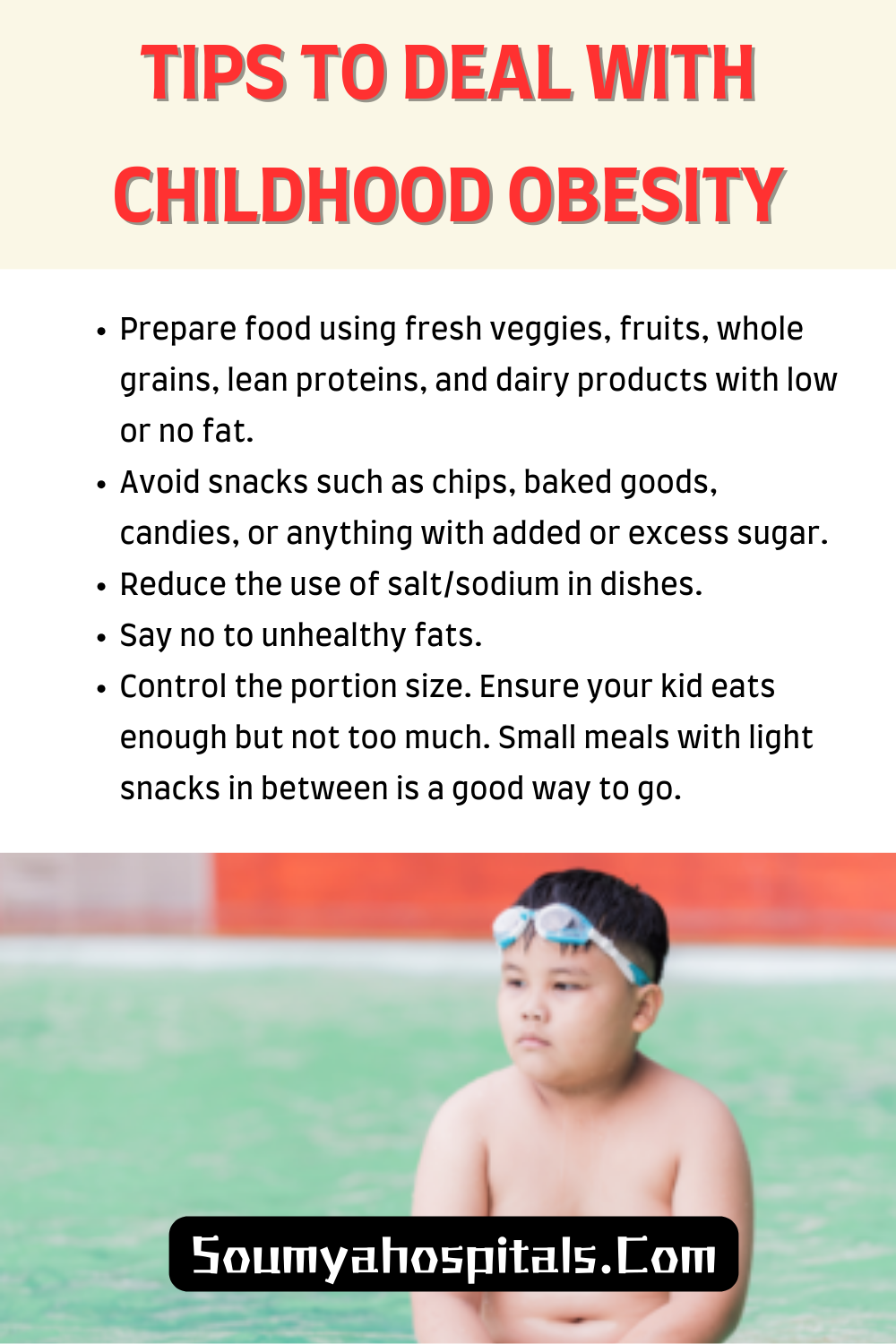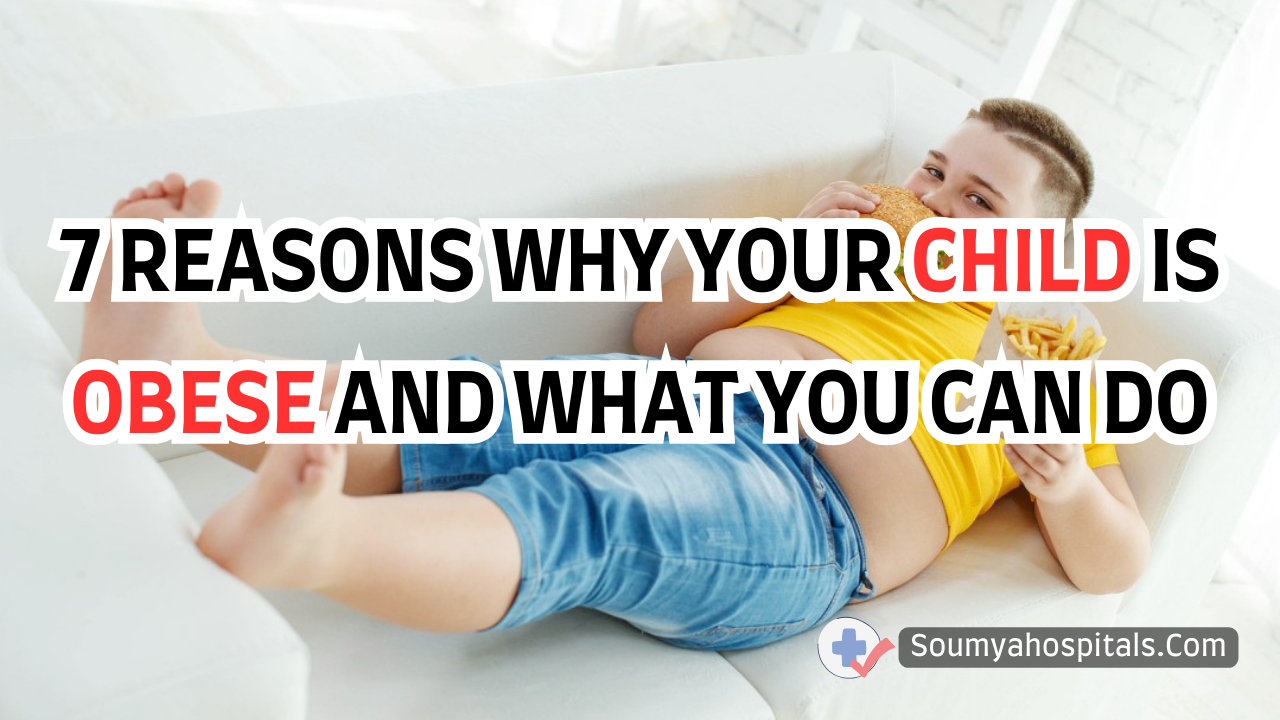Chubby kids are the cutest, with all the baby fat making them even more adorable. But, what most parents don’t know, or don’t want to know, is that 1 in 5 kids (aged 6–19) suffers from obesity. Childhood obesity is a major epidemic that’s on the rise in the US and world over every single year. And make no mistake, it isn’t harmless.
Childhood obesity increases the risk of type 2 diabetes, heart disease, asthma, sleep issues like apnea, and bone health issues. Adding to it all, obese kids tend to be bullied more, feel like a misfit wherever they go, have low self-esteem, and suffer from depression. Once they get through the traumatic childhood, obesity passes on to adulthood with the health issues and can even turn fatal.
Also Check: Pediatric: Cardiovascular NCLEX Questions
The first step to avoid obesity is checking your kid’s body mass index (BMI) – anything above the 85th percentile and less than the 95th percentile indicates overweight and above the 95th percentile indicates obesity. Knowing what’s causing the obesity can help with weight loss. So, here are 7 possible causes of obesity and how to deal with them.

1. Working Parents Or A Single Parent
What’s your work got to do with your child’s puppy fat? Probably, everything! Working parents or a single parent multitasking all day usually does not have enough time or energy to focus on what kids eat. This gives the kids a lot more freedom to choose what they do with their day, and no child would choose fruits over a tasty fried snack!
Also, working parents or single parenting normally means eating outside more often, eating pre-packaged foods, or freezing lunches/dinner for the entire week. Outside/packaged dishes tend to be calorie- and energy-dense. The process of freezing removes almost all the good nutrients from the foods.
What Can You Do?
- Hire a cook/caretaker. With somebody to keep an eye out, there’s less risk of children eating out or something unhealthy.
- Take some time out to cook. Single parents can try to keep an hour or two aside, either in the morning or evening, to prepare food for the next day. This way, not just the kid but you will also eat healthily and stay fit.
- Take turns. Each parent can take over the responsibility on alternate days and ensure the entire family eats right.
2. Indoor Gaming/TV Addiction
As a parent, you probably think that you had a much better childhood than your kid. You’re right in more number of ways than you think. Before mobiles and gaming came into the picture, kids spent most of their time outdoors. This ensured enough physical activity without making the kids feel like they’re working out and obesity was naturally kept at bay. Now, educative as they might be, television programs and games (to name a few) keep the kids stuck to the couch.
Such sedentary habits ensure that kids aren’t physically active; hence, they don’t burn enough calories. Just like adults, kids also might eat more (of unhealthy stuff) while engrossed in some programme. All of this leads to unhealthy weight gain.
What Can You Do?
- Limiting their time at the screen might make kids rebel. Instead, try to encourage them to play/watch something more informative.
- Find games or TV programmes that will reinforce their need for physical activity and a healthy lifestyle. Media, in general, has a bigger role and responsibility in this than you do.
- Try rewarding even a tiny improvement or good behavior in your child.
- Monitor what and how the rest of the family eats and kids learn by looking up to their elders.
- Introduce a little bit of activity by making the kids walk/cycle to school. Avoid the school bus for now. But, keep in mind that the surrounding area is safe for the kids to roam around in.
3. Stress And Depression
Childhood is not an age where you should feel stressed and depressed. Nevertheless, depression is prevalent in nearly 2 percent of children and 4–8 percent of adolescents, and the number is increasing. To make things worse, stress and mood disorders are common causes of childhood obesity. Stress can be due to performance issues, inability to fit in at school, or peer pressure of any kind, which gradually leads to depression.
Just like you, kids also tend to think that eating will make them feel better. This applies even if they’re too nervous or terrified of doing something. Eating is one of the best (albeit unhealthy) way to manage negative emotions.
What Can You Do?
- If you think your kid is behaving odd or depressed, find out why and deal with the situation as soon as possible. Depression can have long-term, even fatal, effects on your kid, obesity being just one of them.
- Do not exert undue pressure, forcing them to perform well at school or otherwise.
- Create a loving, caring atmosphere for your kids at home. Knowing that family will love them no matter what can keep kids away from depression.

4. Sleep Pattern
Sleep issues and depression go hand in hand, and both are quite closely related to obesity issues. Depression and other mood disorders cause kids to sleep at odd hours and stay up late into the night, which gradually leads to insomnia. Less sleep causes excessive hunger and midnight snacking. To make things worse, it causes decreased insulin sensitivity and diabetes, a leading cause of obesity.
What Can You Do?
- Ensure that the kids do not sleep during the day. Keep them intentionally occupied and busy for a few days until they get used to it.
- Help them deal with any issue that’s causing the stress and depression.
- Mild exercises before bedtime can help them calm down enough to sleep.
- Play soothing music and design the bedroom to give them enough comfort.
5. Boredom
Children are not much different from adults; they’re just a younger version of you. When they’re bored, they might click through boring TV programmes but nevertheless, stick to the couch, play endless games, and eat more and more of unhealthy snacks – anything to keep them occupied.
What Can You Do?
- Keep them active. Engage your kids in any kind of sports and activities to keep them occupied.
- Introduce them to different hobbies. Their favorite pastime might turn into a lifestyle and decide their future even!
6. School Lunches
Buying lunch at school means a lot more liberty for kids. They have a range of high-calorie, high-fat foods to choose from and not too many healthy dishes. As kids expend a lot more energy than adults, they require more calories in a day. So, a big, fat lunch is most welcome, especially if it’s fried, processed, filled with sugar, and cheesy (the more the better).
What Can You Do?
Consider the options given in the previous section. Childhood obesity survives well into adulthood. If not nipped in the bud, your child will remain unhealthy and succumb to diseases that could’ve been avoided much earlier.
- Ensure that either you or a help prepare lunch for your kid every single day.
- A tiny cut in the pocket money might also refrain them from spending too much on snacks.
- Best of all, educate them as to how the food they eat is affecting their health. If taught the right way, kids will learn to incorporate healthy choices wherever they go.
7. Obese Ancestors
Your kid just might be unlucky enough to have gotten the weight factor through genes as obesity can run in families. So, if you’re obese, your kid might turn out to be obese as well. There’s a 25–40 percent chance that children inherit their parents’ BMI.
However, less than 5 percent of childhood obesity is due to hereditary factors. If combined with other risk factors like unhealthy eating habits or environments, the risk is higher.
What Can You Do?
- Ensure that your kid gets the best and healthiest foods.
- Encourage children to get into any kind of sports. Their enthusiasm for a game will automatically keep them active.
- See to it that the kid gets at least an hour of intense physical activity, be it in the form of play or sports.
- Consult a doctor for a weight-loss program if nothing helps.
Other Tips To Deal With Childhood Obesity

Even if you prepare food at home and not let your kid eat outside, things can go wrong. Here are a few tips to follow:
- Prepare food using fresh veggies, fruits, whole grains, lean proteins, and dairy products with low or no fat.
- Avoid snacks such as chips, baked goods, candies, or anything with added or excess sugar.
- Reduce the use of salt/sodium in dishes.
- Say no to unhealthy fats.
- Control the portion size. Ensure your kid eats enough but not too much. Small meals with light snacks in between is a good way to go.
Childhood obesity can decide your child’s future based on what you do about it. Treating it on time by putting into action a weight-loss plan can make your kid healthy, reduce the risk of other diseases, and secure an illness-free life for your child.
